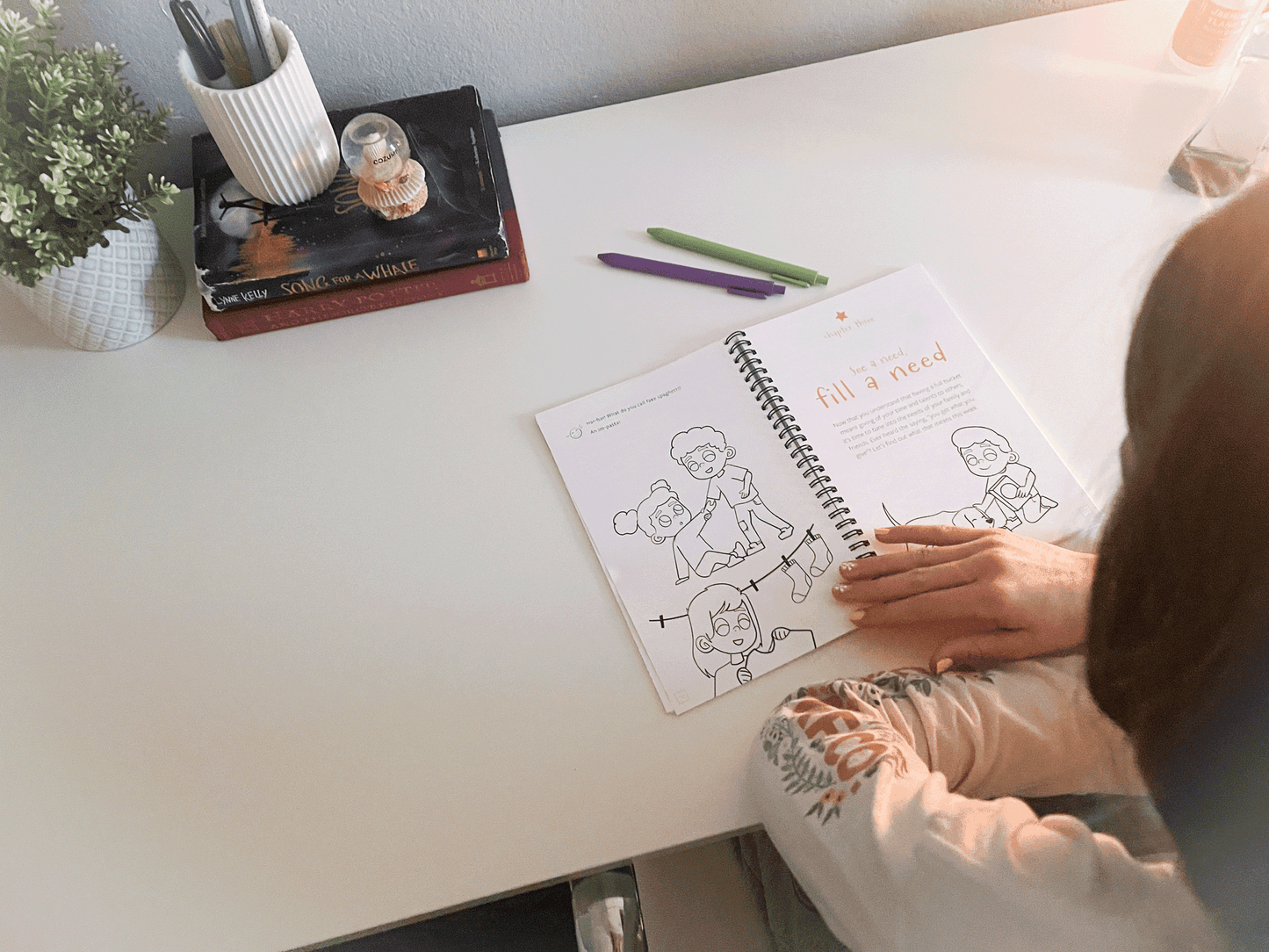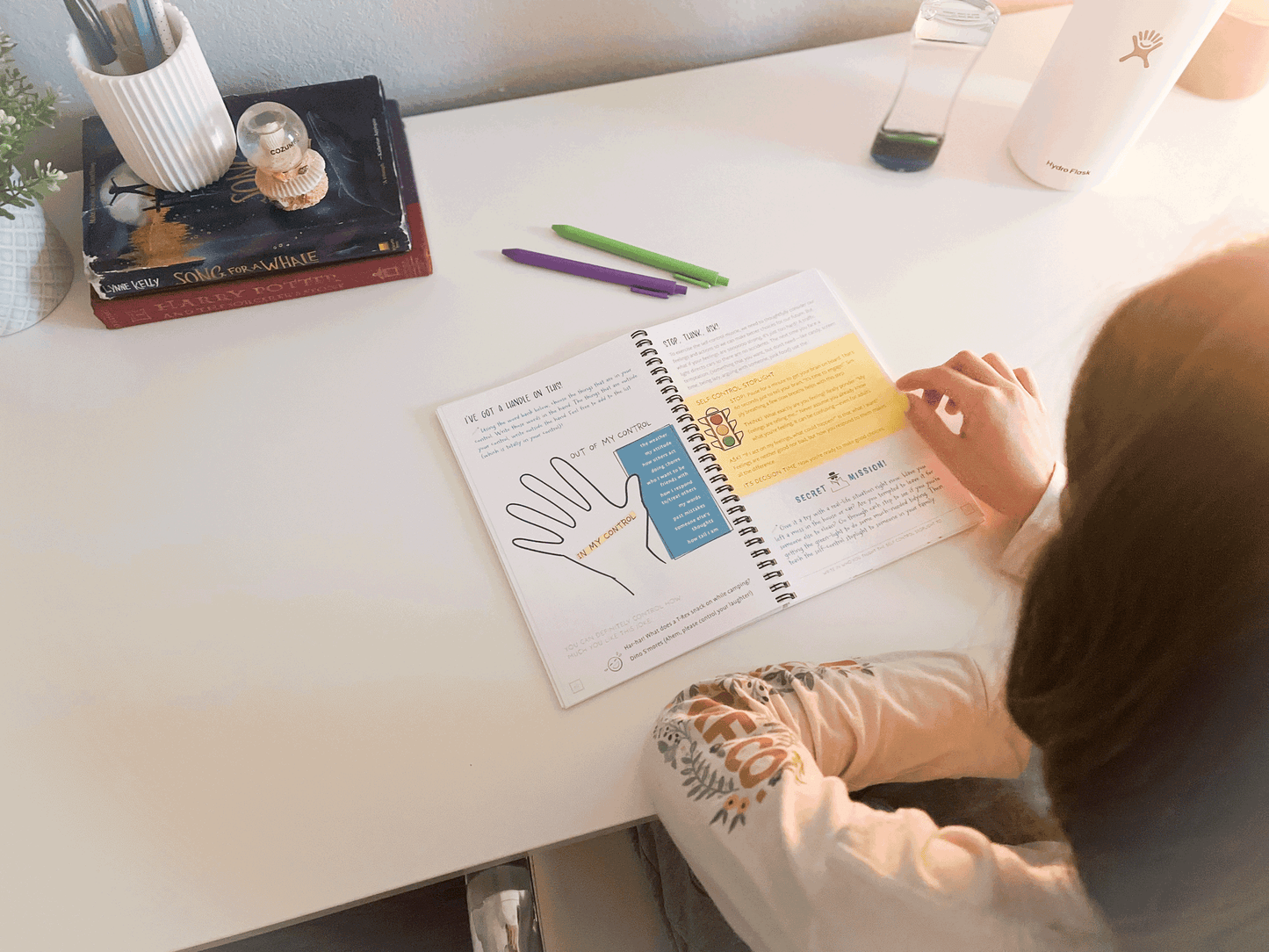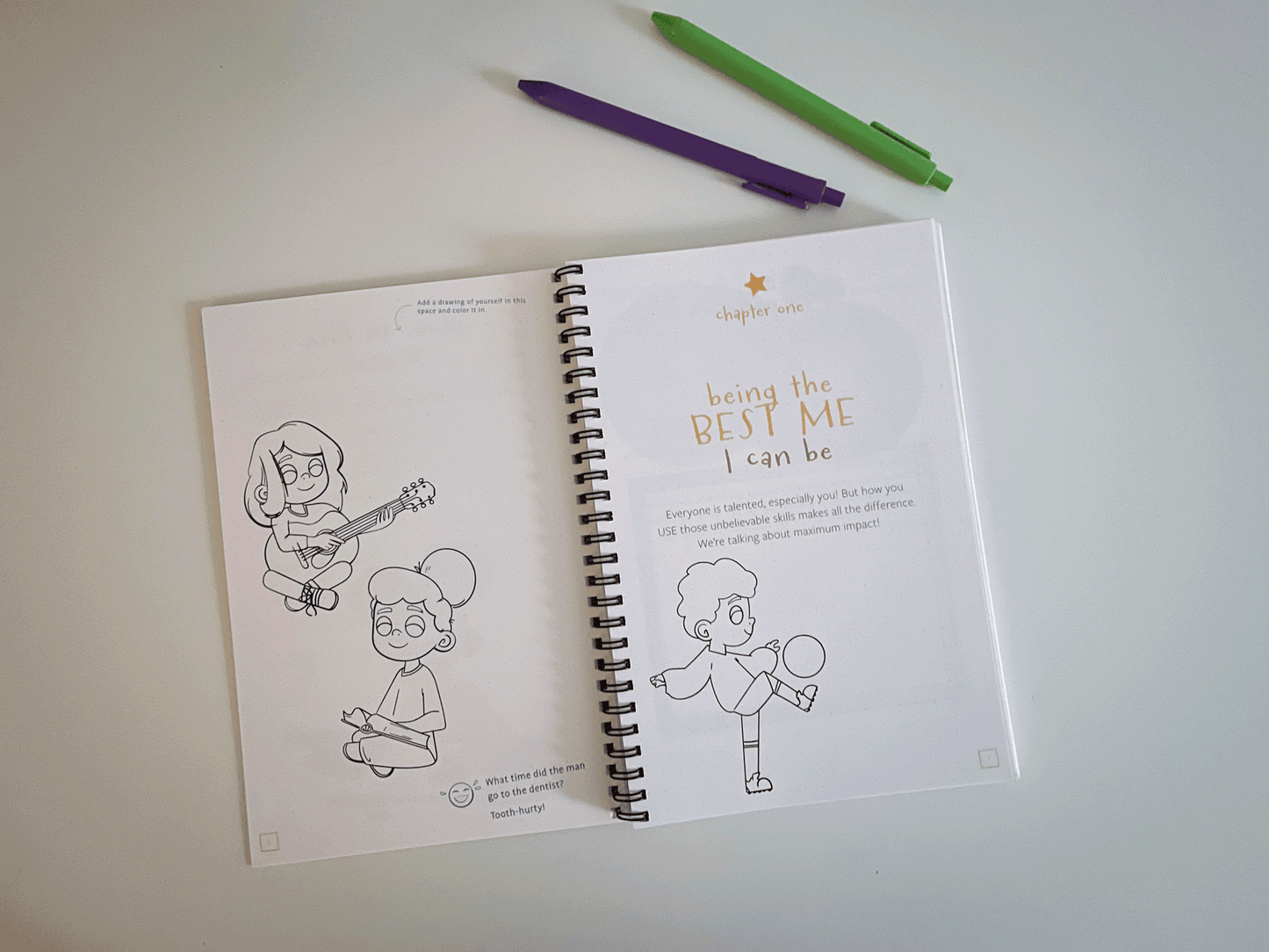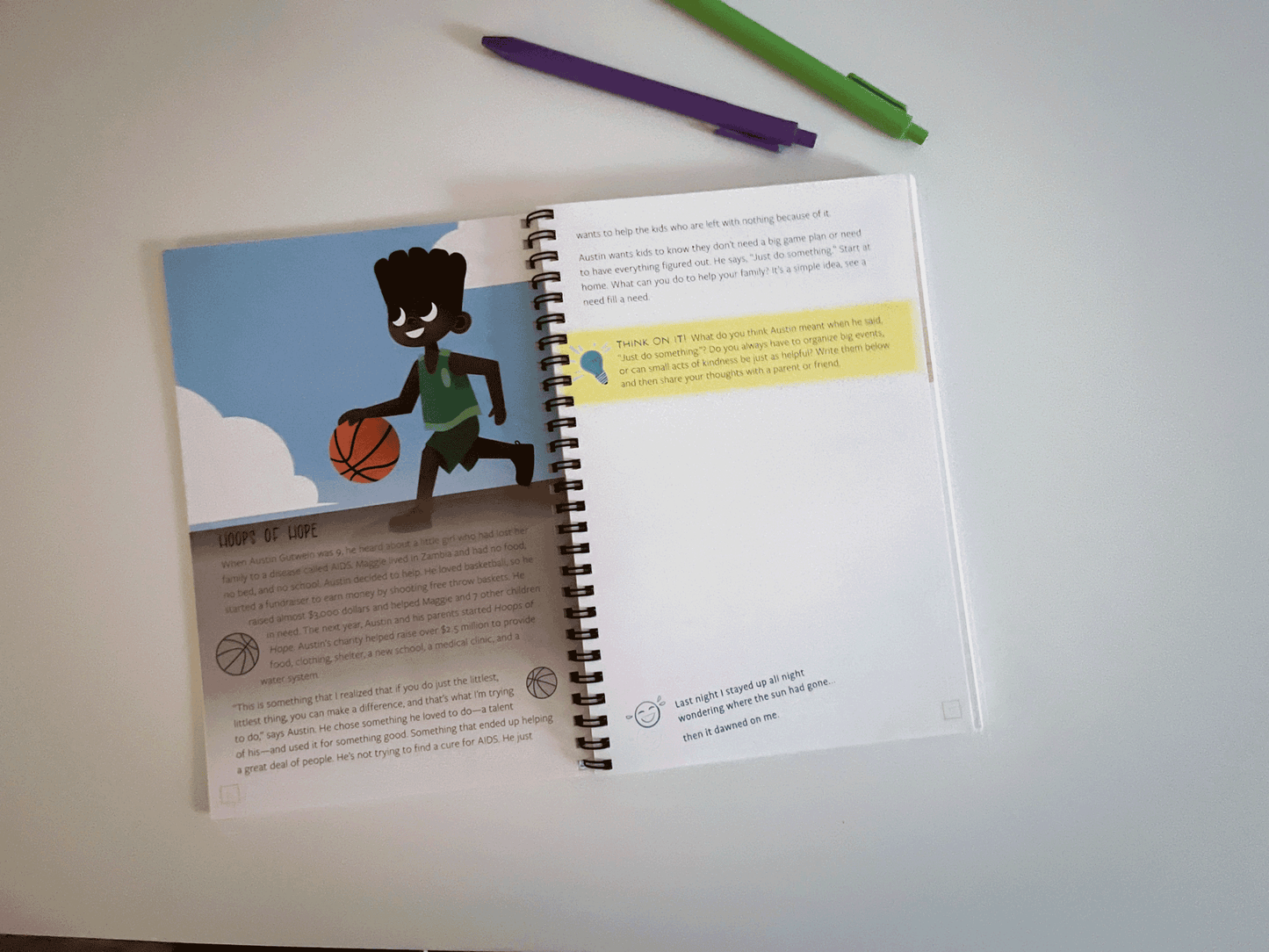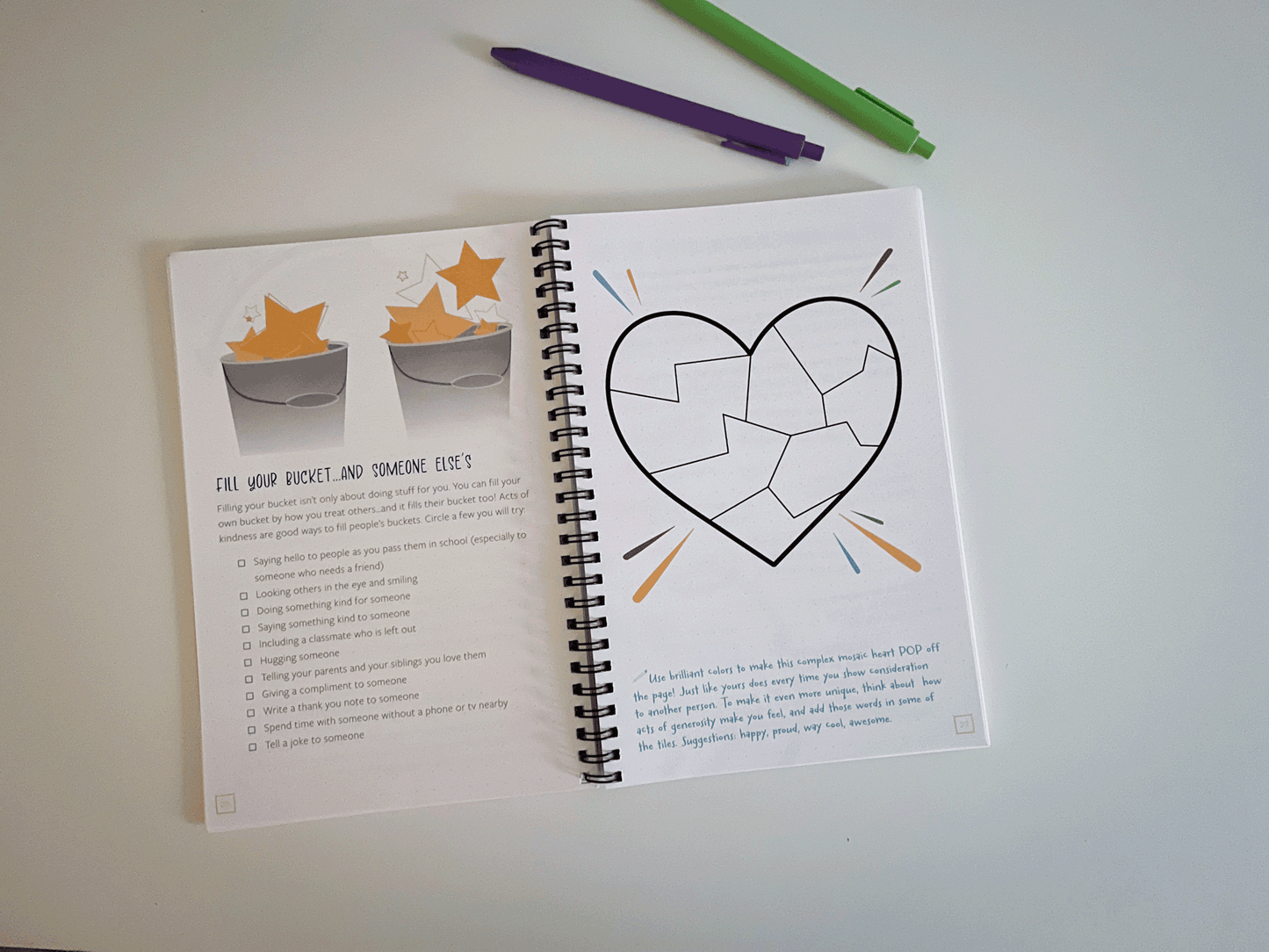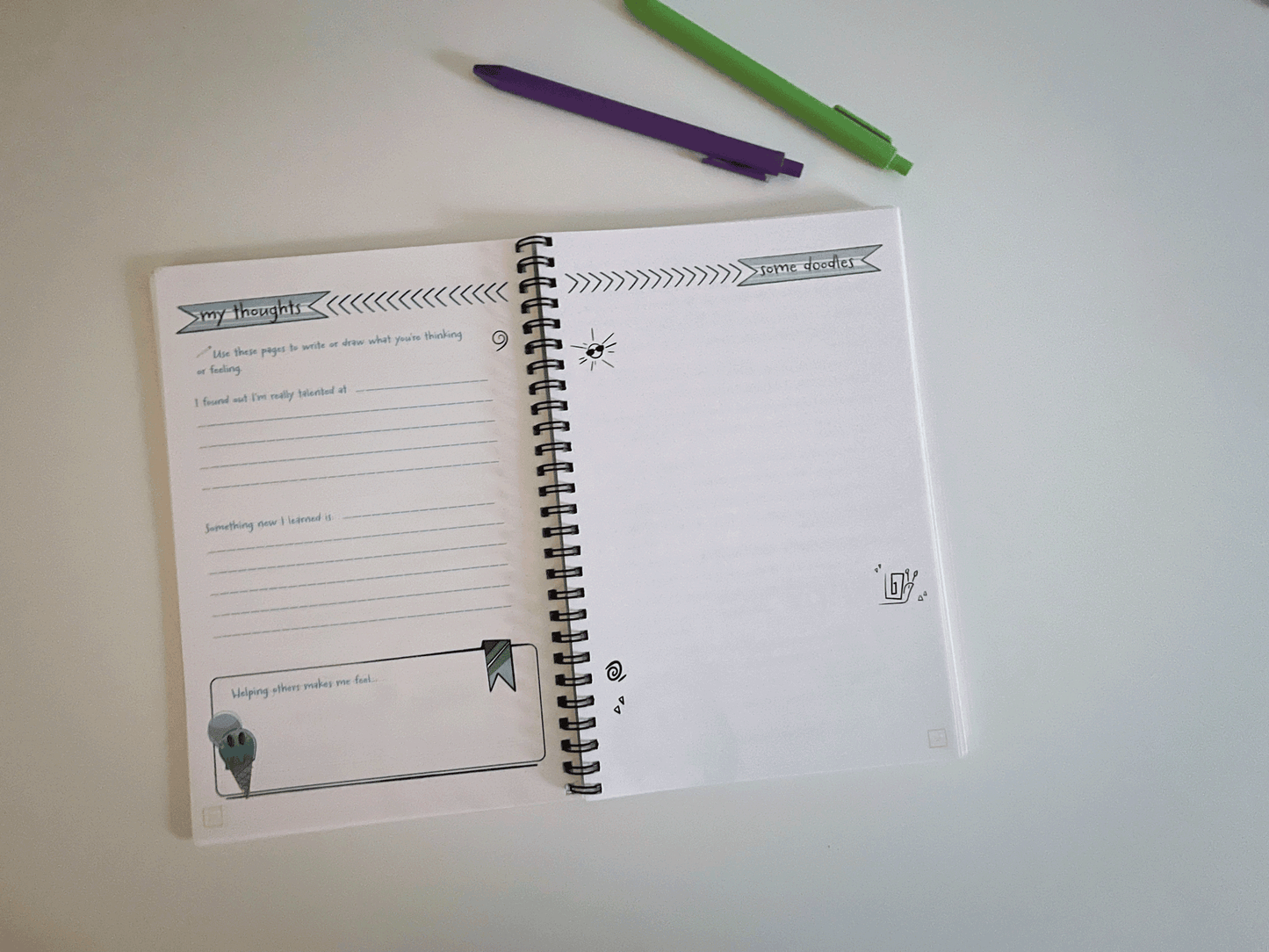Screentime Overload: Spot It & Stop It in its Tracks Today!
Mary Jo GerdRecently, I was perusing a thought-provoking parenting article which sort of stopped me in my tracks—the topic?
The amount of screen time a kid engages isn’t as important as their overall reliance on it.
That startled me because I’ve always been so fixated on watching the clock and setting timers. I’m not about to abandon that just yet, but the author was persuasively suggesting that the minutes/hours logged are less significant than how your children adapt in instances without tech. It doesn’t mean the time factor is unimportant, but each child is different so it’s a better indicator as to how they handle the hours and minutes without a screen in front of them.
It’s noteworthy that some experts do emphasize the importance of tracking time. Dr. Leonard Sax, author of the Collapse of Parenting says adolescents who engage in just less than 20 minutes of social media or gaming a day generally do fine, but 20 minutes is a sort of tipping point for increased anxiety, depression, and other problems.
No matter the current expert take, you can easily adopt a “both-and” approach. It’s productive to regularly ask hard-hitting questions about your family’s lifestyle in order to sniff out any serious danger ahead.
By being intentional today, you can pave the way for a less bumpy ride in the future.
Below are some key questions to help assess your children’s reliance on screens. No need to stress out, because we’ve got some surefire solutions included after the assessment. You’ve got this!
- Does your child have serious struggles stopping use of a device? Do they show signs of withdrawal: panic, upset, crabbiness, arguing?
- Has He/She lost interest in other activities?
- Is it all they talk about? When they’re not playing, are they only discussing their fav show or video game?
- Is it interfering with socialization: opting for a screen rather than friend time or wanting a screen at meals, or the minute they get in the car after school.
- Are they deceptive/ secretive about their screentime use? Have you caught him/her logging on when they’re not supposed to?
- Do they look to screens as their mood boosters? Instead of engaging in conversation or other activities, they want screens to soothe.
If you’ve checked any/all of the above boxes, no worries! There’s always time to turn the bus around… Let’s talk solutions. Now for—
6 Surefire Tips to Hit the Pause Button on Tech Overload
-
MODEL HEALTHY USAGE Last week, I tackled the importance of modeling healthy boundaries for adult tech usage. This is crucial. Your actions send a strong message to your children. It’s also ok to share your struggles with tech attachment. Being vulnerable with your kiddos builds intimacy bridges and makes their flaws not feel so singular and heavy.
-
STAY STRONG & RESIST TEMPTATIONS TO CONFORM TO THE WORLD If I had a $1 for every parent who said, “I sure wish I wouldn’t have bought a smartphone so soon.”! Don’t be in a rush to fill your child’s pocket with all the latest, greatest gadgets. It’s a lot harder to put Pandora back in the box. Talk about your family’s priorities regularly and stick to them. Kids appreciate clearly delineated priorities.
-
TALK ABOUT THE RULES AND FOLLOW UP WITH WRITTEN RULES THAT YOU CAN POST Clarity in communication is crucial! Make one of your weekly Family Huddles about new tech usage rules. Be sure to discuss the topic with your spouse ahead of the Huddle so you can be a united front when (NOT IF) you encounter pushback. The pushback is inevitable, but go out of your way to explain the WHY behind the rules. We love you too much to let you waste away your brain/creativity/motivation. (Freebie Alert! You can access our free technology agreement that helps get tweens and teens on board without all the grumbling.)
-
ADOPT A “WORK BEFORE PLAY” RULE Kids will have a better grasp of generosity, self-control, and cooperation if you make them work for their tech time. Rules like no tech on school days, or until all homework, and various household tasks are complete are helpful parameters for children to live by. Start now and delayed gratification will become a helpful habit down the road.
-
REASSESS THE RULES REGULARLY As parents, we mistakenly think we have one shot at setting the tone in our family. That’s hogwash. You’re never going to get everything perfect right out of the gate. It’s not a failure to modify the boundaries. Look for signs that your new rules are too harsh or not strict enough and adapt as needed. Kids are great at coming up with “workarounds” for our rules. Good for them, but you and your spouse can nip that in the bud with some simple tweaks.
-
ESPECIALLY IN THE BEGINNING OF IMPOSING LIMITS, OFFER OFFLINE ALTERNATIVES
- Take a trip to the library for stacks of books
- Load up on crafting materials that kids have easy access to
- Buy some children’s magazines and coloring/activity books
- Encourage outdoor activities by having bubbles, jump ropes, chalk, sporting equipment
If you encounter serious issues with implementing your new guidelines, remember to seek professional help. No matter what, it’s a new year! We see big changes in your family’s future.
We’d be remiss if we didn’t suggest our Adventure into Character Subscription Box Experience as an engaging, character-building alternative to screens. The best part about it—your kids will be having so much fun they won’t even realize they’re learning and growing their respect, gratitude, orderliness, and self-control quotients. You’re welcome!






